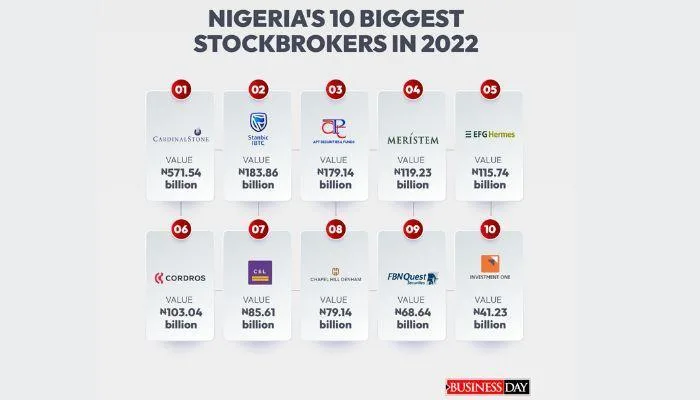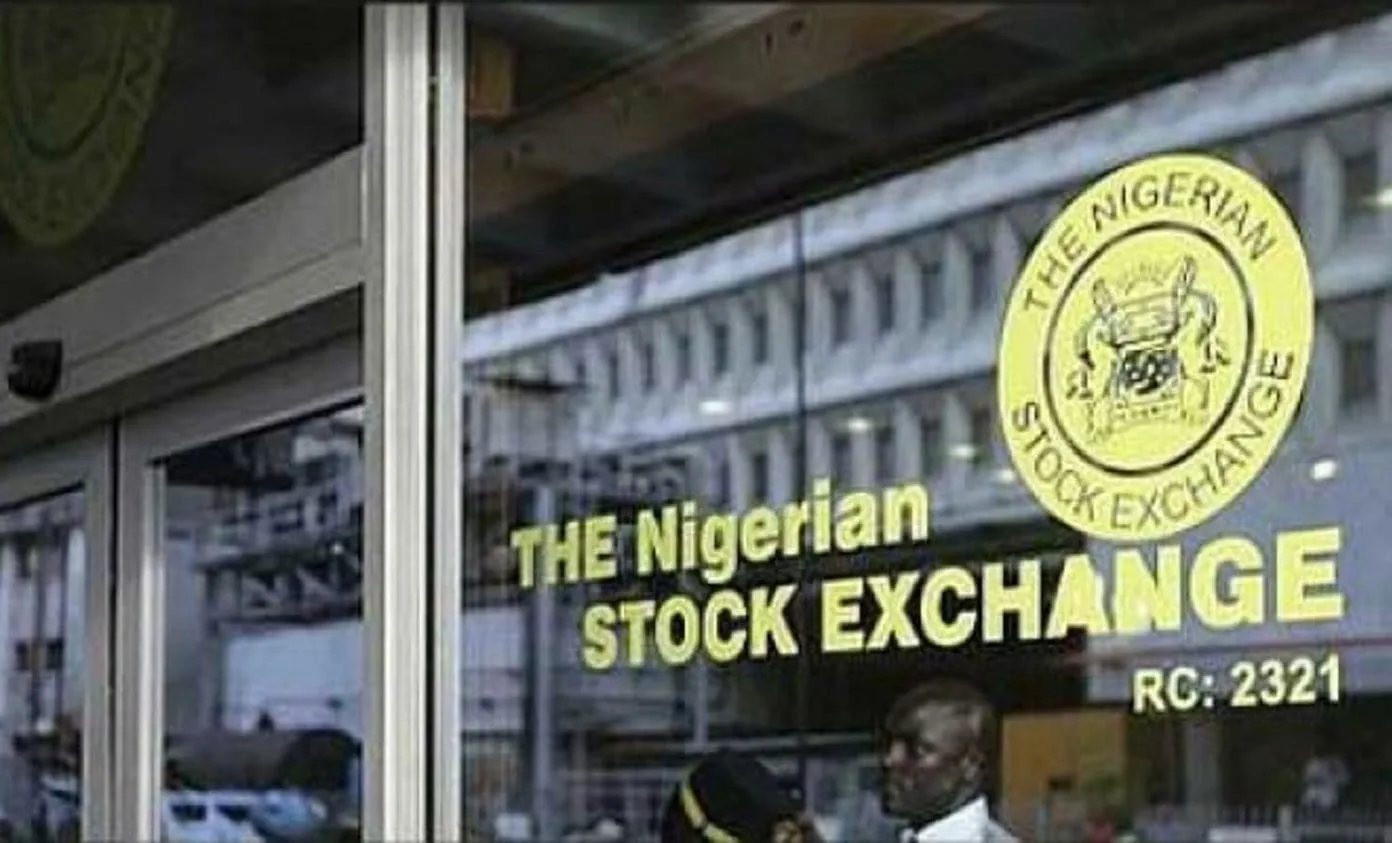Investing in the stock market is one of the most effective ways to grow wealth over time. In Nigeria, buying shares allows you to own a part of a company and benefit from its growth through dividends and capital appreciation. If you’re wondering how to buy shares in Nigeria, this guide will walk you through the process, from understanding the basics to making your first investment.
Understanding Shares and the Nigerian Stock Market
Shares, also known as stocks, represent ownership in a company. When you buy shares, you become a shareholder and are entitled to a portion of the company’s profits (dividends) and voting rights in some cases.
The Nigerian stock market is regulated by the Securities and Exchange Commission (SEC) and operates primarily through the Nigerian Exchange Group (NGX). Companies listed on the NGX offer shares to the public, providing opportunities for investors to buy shares and participate in the financial growth of these businesses. Learn how to invest in treasury bills here.
Steps to Buy Shares in Nigeria
1. Educate Yourself About Stock Investing
Before you buy shares, it’s essential to understand how the stock market works. Learn key terms like:
Dividends: Payments made to shareholders from company profits.
Capital Gains: Profit earned when you sell shares at a higher price than you bought them.
Bear & Bull Markets: Market conditions where prices are falling (bear) or rising (bull).
You can read books, take online courses, or follow financial news platforms like Nairametrics, BusinessDay, and Investopedia to stay informed.

2. Choose a Stockbroker
In Nigeria, you cannot buy shares directly from the stock exchange; you need a licensed stockbroker. Stockbrokers act as intermediaries between investors and the NGX.
How to choose a stockbroker:
Ensure they are registered with the Nigerian Exchange Group (NGX) and SEC.
Compare brokerage fees (usually between 1% to 1.5% of the transaction value).
Check their trading platforms for ease of use.
Some popular stockbroking firms in Nigeria include:
- Stanbic IBTC Stockbrokers
- Chapel Hill Denham Securities
- CardinalStone Securities
- Meristem Stockbrokers
3. Open a CSCS Account
The Central Securities Clearing System (CSCS) is Nigeria’s central depository for shares. Before you buy shares, your stockbroker will help you open a CSCS account, which holds your shares electronically.
Requirements for opening a CSCS account: this depends on the platform you’re using
- Valid ID (National ID, Passport, or Driver’s License)
- Bank Verification Number (BVN)
- Completed account opening forms
4. Fund Your Brokerage Account
Once your CSCS account is set up, you need to deposit money into your brokerage account to buy shares. You can transfer funds via bank transfer or other payment methods supported by your broker.

5. Research and Select Stocks to Buy
Not all stocks are equal—some are high-risk, while others are stable. Consider factors like:
Company Performance: Check financial reports and earnings growth.
Dividend History: Companies with consistent dividends are often safer.
Industry Trends: Sectors like banking, telecoms, and consumer goods are strong in Nigeria.
Popular stocks on the NGX include:
- Dangote Cement (DANGCEM)
- MTN, Nigeria (MTNN)
- Guaranty Trust Holding Company (GTCO)
- Zenith Bank (ZENITHBANK)
6. Place Your Order
You can place an order through your stockbroker’s online platform or by contacting them directly. There are two main types of orders:
Market Order: Buy shares at the current market price.
Limit Order: Set a specific price at which you want to buy.
Once your order is executed, the shares are credited to your CSCS account.
7. Monitor Your Investments
After you buy shares, track their performance regularly. Use stock market apps like Bloomberg, Investing.com, or your broker’s platform to stay updated.
Alternative Ways to Buy Shares in Nigeria
If you prefer a hands-off approach, consider:
Mutual Funds: Pooled investments managed by professionals.
Exchange-Traded Funds (ETFs): Track market indices like the NGX 30.
Robo-advisors: Automated platforms like Cowrywise or Risevest that invest for you.
Risks of Buying Shares in Nigeria
While buying shares can be profitable, it comes with risks:
Market Volatility: Prices fluctuate due to economic conditions.
Company Bankruptcy: If a company fails, you may lose your investment.
Liquidity Risk: Some stocks are hard to sell quickly.
Diversifying your portfolio reduces these risks.
Tax Implications of Buying Shares in Nigeria
Capital Gains Tax (CGT): 10% on profits from selling shares (if held for less than 12 months).
Dividend Tax: 10% withholding tax on dividends.
Conclusion
Investing in company shares is a great step toward financial growth. By choosing the right stocks, working with a trusted broker, and staying informed, you can build a profitable investment portfolio. Start small, diversify, and be patient; the stock market rewards long-term investors.
If you’re ready to buy shares, open an account with a licensed stockbroker today and take control of your financial future.

Leave a Reply